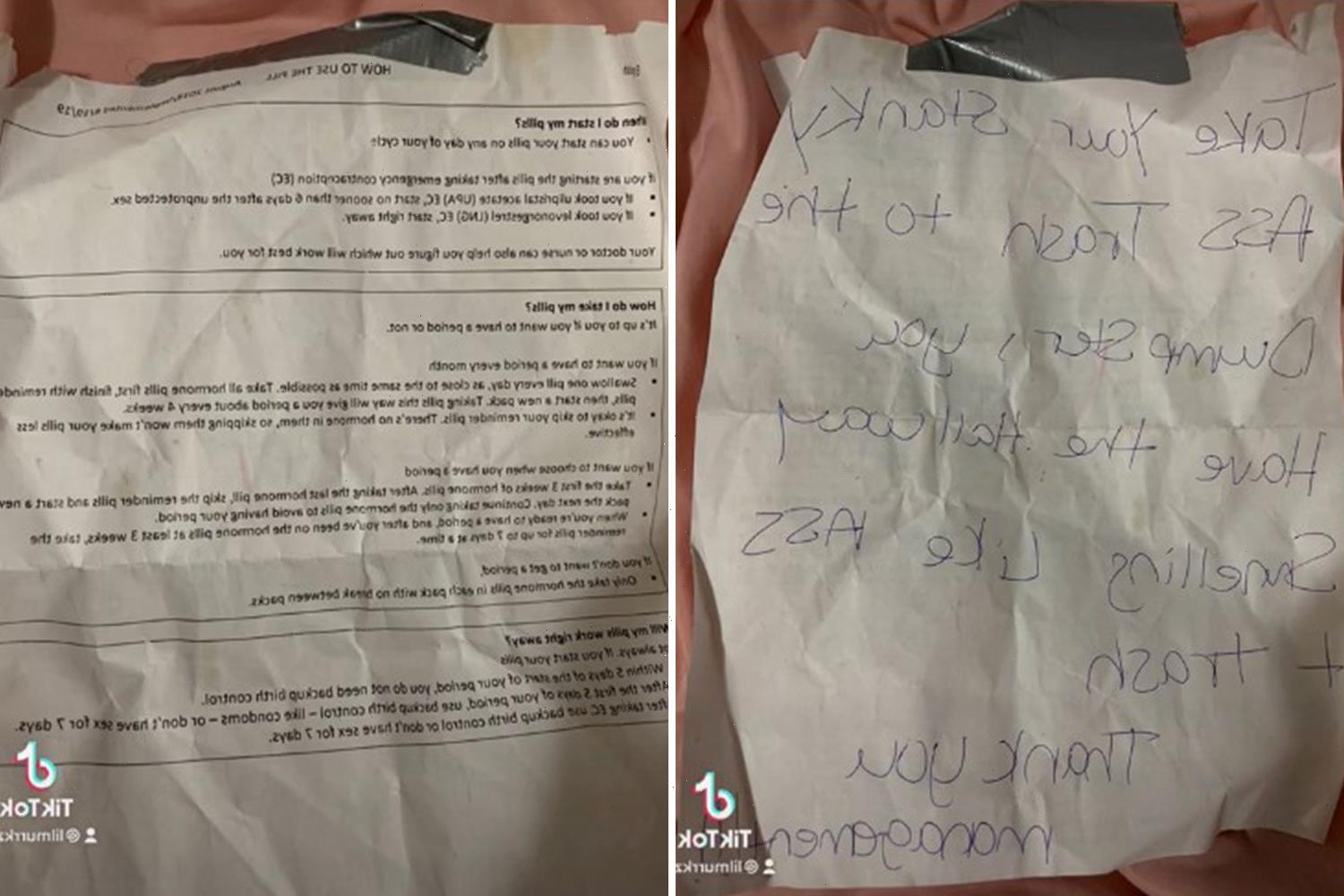Though the United States appears to be coming out of the worst of the pandemic, COVID-19 isn’t going away any time soon. And there remains the continued risk of another surge as more states relax restrictions and open up.
See Our List: 100 Most Influential Money Experts
Find Out: 9 Bills You Should Never Put on Autopay
As such, while time has passed to hoard supplies, it does not hurt to be prepared for any eventuality — and that includes other kinds of crisis situations, such as the recent power outage in freezing Texas. Here is a list of things to stock up on to be smart and prepared for any emergency, pandemic-related or not.
Shelf-Stable Milks
Shelf-stable milk refers to any milk that can sit at room temperature on a shelf without refrigeration or only needs to be refrigerated after opening. Dairy milk will have to be refrigerated immediately after opening, but alternative milk made from nuts or grains can often withstand room temperature for days without spoiling, which can be super handy in situations where the power goes out. This kind of milk lasts longer than regular milk, too, so you can purchase greater quantities.Live Updates: Financial Trends, Money News and More
Rice and Beans
You want to stock up on the kinds of foods that are filling, easy to make in a pinch, affordable in large quantities and provide nutrients, vitamins and fiber, nutrition expert Samantha Cassetty told Business Insider. These foods not only last a long time in storage but can be easily worked into any number of tasty recipes with fresh produce and meat.
Nut Butters
From peanut to almond, sunflower (technically a seed) to cashew, nut butters take our favorite protein-laden nuts and grind them into delicious smoothness that can make a quick and satisfying snack at any time. Nut butters tend to last a long while, especially if refrigerated after opening, and with a little bread or some crackers can be a meal in and of themselves.
14-Day Supply of Water
Water is precious, and though the coronavirus has not had an impact on the water supply, the Centers for Disease Control and Prevention (CDC) recommend that households should always have a 14-day supply of water on hand for emergencies. Water is necessary for taking medications and brushing teeth as well as essential to hydration, a non-negotiable to survival.
Bleach
If you never used much bleach before, the pandemic has probably changed that. Early on in the pandemic, people were wiping down their groceries with a water-bleach solution out of fear the virus could be transmitted that way. Though transmission by touch appears to be the least likely way to spread the virus, if you live with people who work outside the home, bleach (diluted with water) is handy to have for wiping down commonly shared areas such as doorknobs and handles, kitchen counters and bathroom fixtures and surfaces.
Hand Sanitizer
Though the coronavirus isn’t as likely to spread through touch, other germs and viruses have not just magically gone away. Viruses like norovirus, or stomach flu, are notoriously contagious through touch, and so keeping hand sanitizer or a 75% or more alcohol solution on hand, literally, is a great idea. Hand sanitizer was among the first items to fly off shelves during COVID-19 spikes.
Toilet Paper
Who can forget the great toilet paper crisis of 2020? At the first mention of shelter-in-place mandates due to the coronavirus, suddenly stores could not keep TP stocked and had to enforce limits on how much people could buy. To avoid future repeats of this scenario, keep extra TP on hand, though within reason. It stores well, so keep a few extra rolls handy as long as you have somewhere to put it.
Toothpaste
Stocking up on items of personal hygiene that you use frequently just makes sense. Whether you got sick with the virus, had an exposure that forced quarantine, or just trying to limit your trips to the store for safety, don’t forget to keep an extra month or two’s supply of toothpaste.
Body Wash and Shampoo
The same is true for shampoo and body wash, those items you need on a near-daily basis. Why leave your cleanliness to chance when you can stock up and be prepared? Fortunately, these kinds of items don’t go bad very quickly. Also, consider buying in bigger or bulk sizes.
Medications and Supplements
Medications are, for many people, lifesaving and necessary. Whether you have prescriptions or you rely upon over-the-counter medications such as ibuprofen or antihistamines, The American Association of Retired Persons (AARP) recommends you keep a minimum 14-day supply on hand and plan ahead so that you aren’t running out of medications without an ability to refill quickly. Other experts recommend a 30-day supply, if possible, or 90 days if your doctor and insurance provider (and your wallet) allow. Additionally, if you take any supplements, be sure to keep enough on hand.You may also have other kinds of healthcare needs related to illness — an oxygen tank for COPD, blood testing strips for diabetes or other medical supplies. Be sure to keep an extra supply of all these needs on hand.And don’t forget female hygiene products such as pads or tampons.More From GOBankingRatesSee Our List: 100 Most Influential Money Experts
How Many Hours Can You Work and Still Collect Social Security?
Take These 6 Key Steps Today to Retire a Millionaire
35 Useless Expenses You Need To Slash From Your Budget Now
This article originally appeared on GOBankingRates.com: 10 Items You Should Continue To Stock Up On This Summer
Source: Read Full Article












